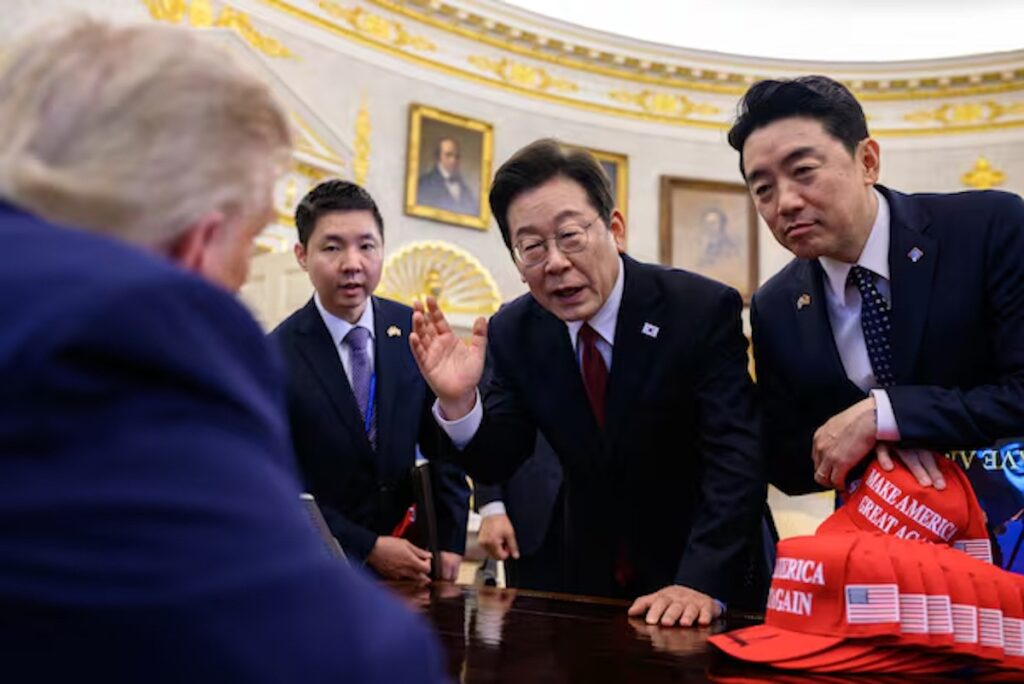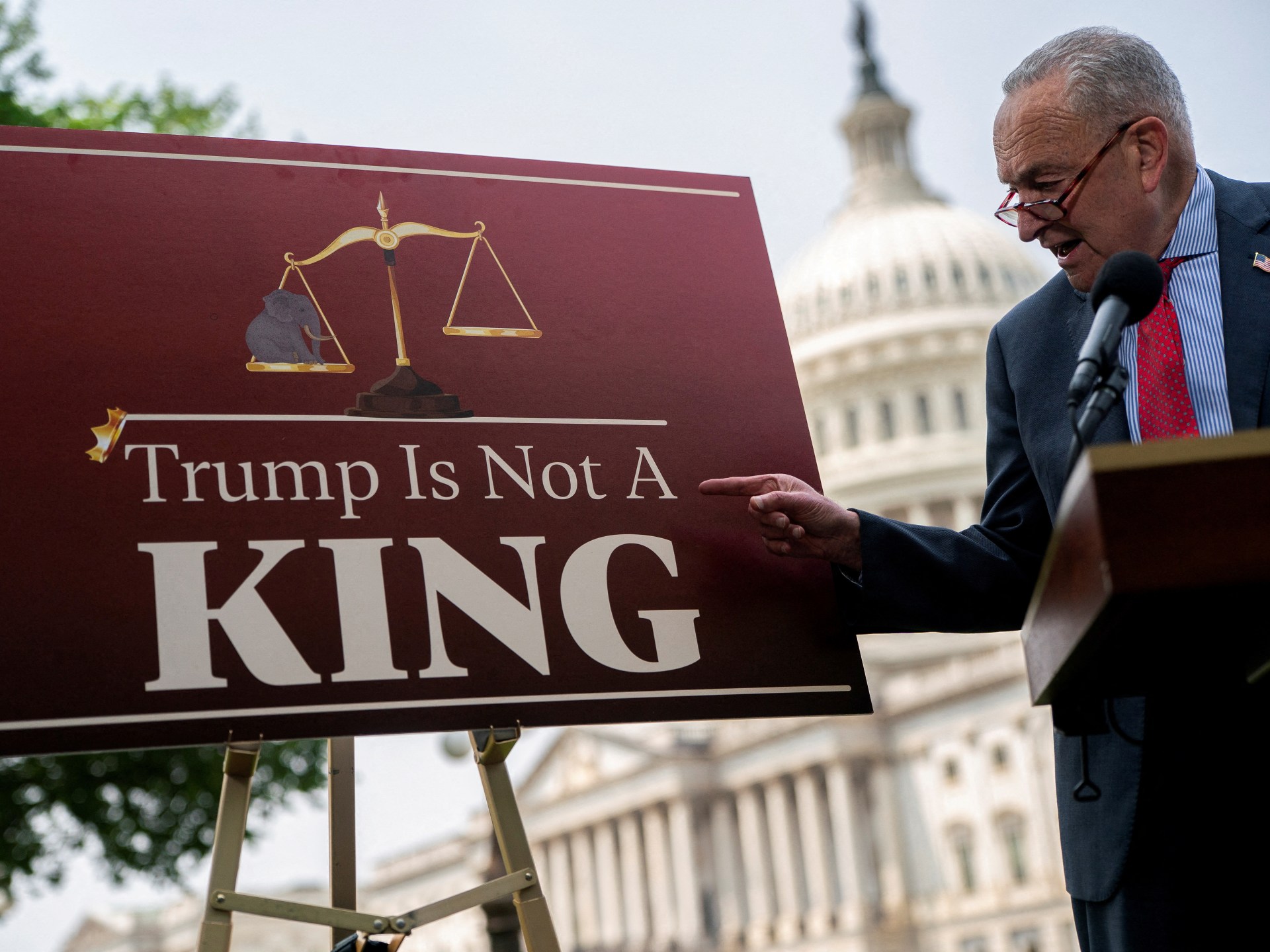
SEOUL – In an era marked by complex global trade dynamics, former U.S. President Donald Trump’s ambitious trade deals are facing significant challenges across Asia and Europe. American economist Anne Krueger, a seasoned observer of international economic policies, has expressed her bewilderment over Trump’s tariff strategies, particularly the US$350 billion demand from South Korea. “Korea is going to be hurt if all of this happens,” Krueger stated during an interview in Seoul. “Other countries will be harmed, but not as much as the US will harm itself.”
South Korean President Lee Jae-myung has echoed similar concerns, warning that Trump’s demands could push the nation’s economy to the brink of collapse. “Without a currency swap, if we were to withdraw $350 billion in the manner that the US is demanding and to invest this all in cash in the US, South Korea would face a situation as it had in the 1997 financial crisis,” Lee told Reuters.
South Korea and Japan Push Back
Over the weekend, Korea’s National Security Adviser Wi Sung-lac made it clear that Seoul finds the demand unfeasible. “Our position is not a negotiating tactic,” he told Channel A News. “It’s objectively and realistically not a level we are able to handle. We are not able to pay $350 billion in cash.”
Japan, too, is reconsidering its stance. Lawmaker Sanae Takaichi, a frontrunner to replace Shigeru Ishiba, suggested a potential renegotiation of the US tariff deal, which includes a $550 billion payment. “We must stand our ground if anything unfair that is not in Japan’s interests comes to light in the process of implementing the deal,” Takaichi said on local television.
Japan’s top trade negotiator, Ryosei Akazawa, assured that the yen would remain stable if the $550 billion fund materializes, but he also noted that Trump’s demand for immediate cash is unrealistic. Tokyo plans to finance the package through a combination of investments, loans, and loan guarantees over several years, a process that is sure to test Trump’s patience.
European Union’s Struggle with Unprecedented Demands
Meanwhile, the European Union is grappling with its own set of challenges under Trump’s trade policies. The EU faces a staggering $1.35 trillion demand through 2028, including $750 billion in US energy purchases. Gas expert Laura Page from Kpler commodities firm described the figures as “completely unrealistic.” The EU has increased liquefied natural gas (LNG) purchases from the US following supply cutoffs since Russia’s invasion of Ukraine in 2022.
“The numbers are just beyond wild,” said Page, while her colleague Homayoun Falakshahi added, “it really is a fantasy.”
European Commission President Ursula von der Leyen stated that the arrangement would diversify energy sources and enhance Europe’s energy security. Yet, many experts remain skeptical about the feasibility of such large-scale commitments.
Implications for Global Trade and Political Dynamics
The unfolding situation highlights the broader implications of Trump’s trade policies, which have sown uncertainty and confusion across global markets. Economist Priyanka Kishore at Asia Decoded anticipates that the Trump administration will continue to leverage other mechanisms to restrict Chinese imports, even as Washington and Beijing engage in bilateral trade talks.
Georgetown University’s Victor Cha, speaking in Seoul, noted that the international system is in a state of disorder. “For US allies and partners in Asia and Europe, the additional variable creating disorder is the increasing unpredictability of the United States,” Cha explained. “They are witnessing a paradigm shift in US policies.”
“America First policies no longer value alliances as intrinsic goods and power assets for the US. Rather, alliances are viewed as expensive obligations,” Cha added.
The uncertainty has left companies and governments scrambling to adjust. Lower courts have already ruled Trump’s trade war out of bounds, and there is speculation about whether Trump might ignore a Supreme Court ruling against his tariffs.
As the world watches, the future of Trump’s trade deals remains uncertain. The potential unraveling of these agreements could have significant repercussions for global trade, further complicating the geopolitical landscape. As economist Krueger concluded, “If the US continues on its current policies, I have no doubt that we will talk about the American Century, roughly from 1925 to 2025. After that, it will be somebody else’s – whether Asia, Europe or elsewhere – and whose it will be is up for grabs.”




